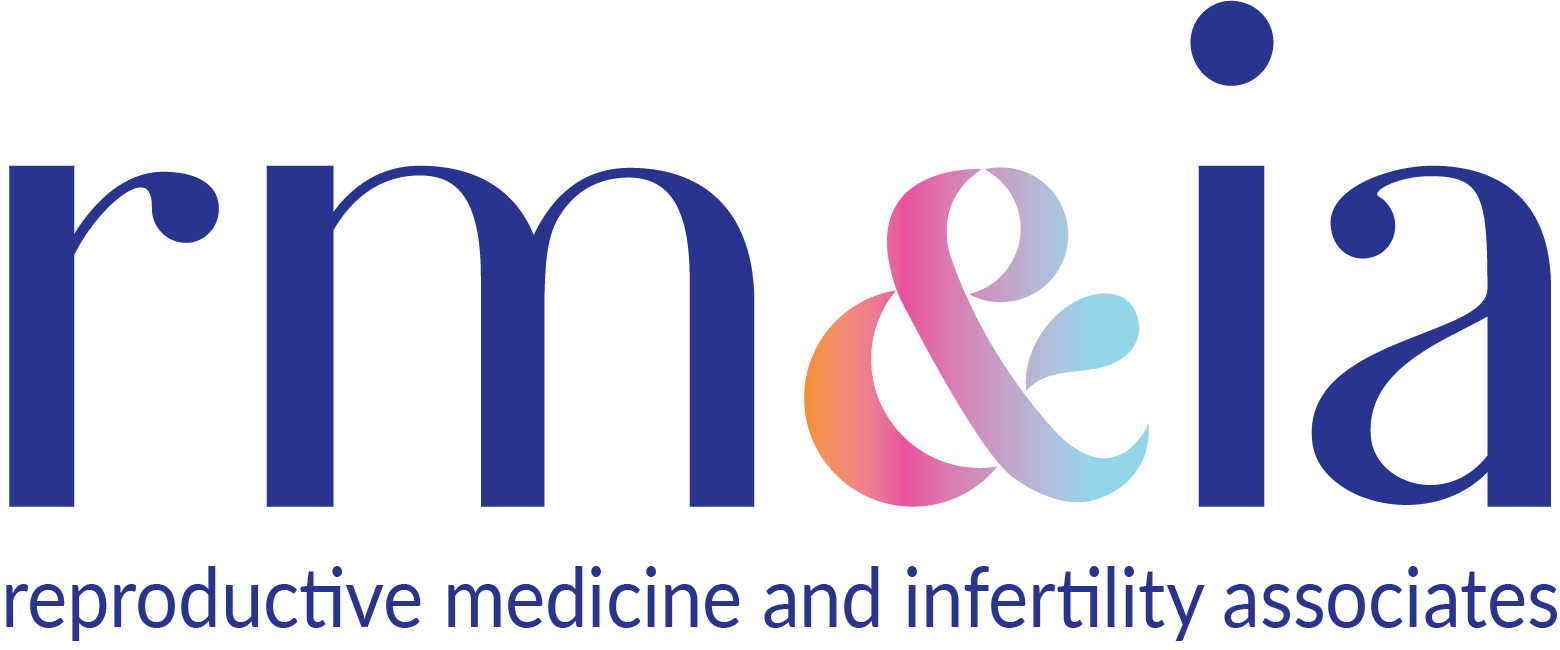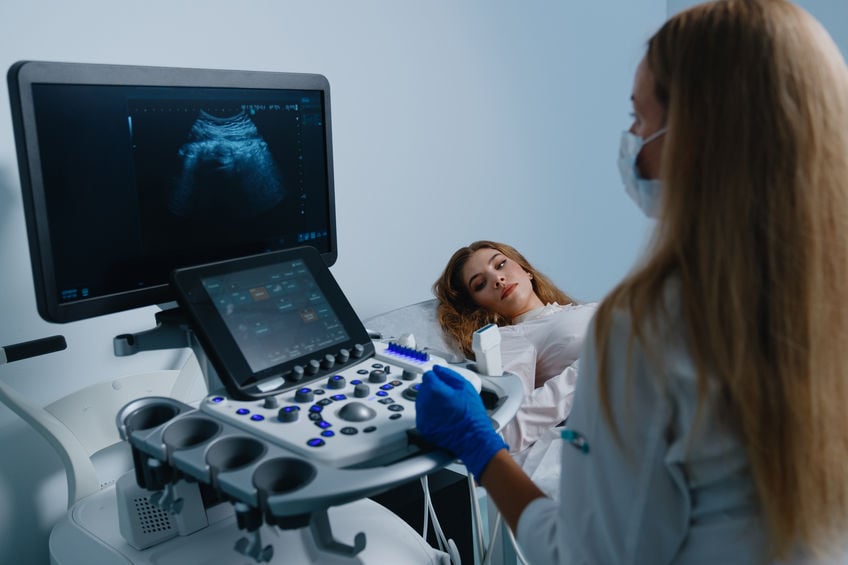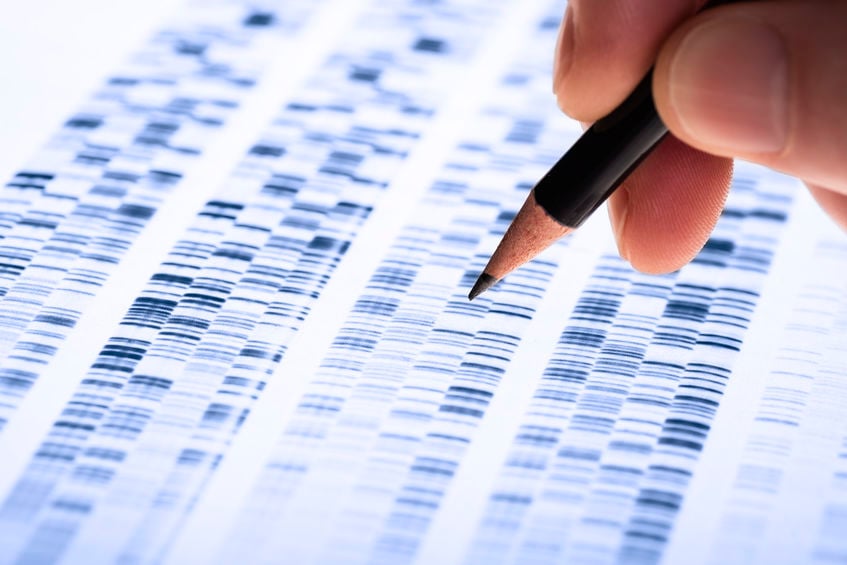Overstimulated During Fertility Treatment
In vitro fertilization (IVF) can be an excellent option for couples struggling to conceive. However, certain issues, such as ovarian hyperstimulation syndrome (OHSS), can arise during treatment. While uncomfortable, this syndrome can be managed with medication and fluid drainage.

What is IVF?
During in vitro fertilization, a woman is given medication to stimulate the ovaries to produce multiple eggs. Once extracted, the eggs are combined with sperm to make an embryo. The embryo is transferred directly into the uterus. This approach can help women struggling to get pregnant naturally have a baby.
Side effects of fertility treatment
Uncomfortable side effects can occur during IVF. Pain and bruising at the medication injection site, mild bloating, intermittent cramping, and headaches are all commonly reported. Another possible complication during IVF treatment is ovarian hyperstimulation syndrome, a condition where the ovaries swell from excessive hormone use. OHSS is more common when injectable gonadotropins are used and less likely to occur with oral fertility medications.
Mild vs severe OHSS
Symptoms of hyperstimulation usually occur within a few days of taking fertility medications. Mild symptoms of OHSS occur in 1 out of every 3 women undergoing controlled ovarian stimulation for IVF. Bloating, nausea, and weight gain are most commonly reported in mild cases. Severe OHSS happens less than 1% of the time and can cause severe vomiting, and significant discomfort due to abdominal swelling, shortness of breath, and blood clots. Rarely, blood clots can travel to the lungs or other organs, becoming life-threatening.
Treatment options
The best way to manage OHSS is to prevent the condition from happening in the first place. Careful monitoring of symptoms and frequent ultrasounds should be done when stimulant medication is used during IVF. Limiting physical activity and drinking lots of fluids with electrolytes can also help. Nausea can be treated with prescription and over-the-counter medications. If fluid accumulates in the abdomen, the fertility specialist can arrange for drainage. Hospitalization is rare but can occur if symptoms are severe and intravenous (IV) fluids or medications are needed.
When does it end?
For most women with OHSS, symptoms resolve within about 2 weeks. If a pregnancy occurs as a result of IVF, the symptoms may continue for another 2-3 weeks. The baby is not affected by OHSS, and women with this condition will usually go on to have a healthy pregnancy.
Watch for symptoms
Ovarian hyperstimulation syndrome can occur during IVF, but most women will only experience a mild form. If treatment is needed, options are available. The fertility specialist can discuss certain risk factors that make a person more likely to develop OHSS, but all women undergoing IVF should monitor for symptoms. By staying vigilant, early recognition and treatment can help reduce the chances of OHSS becoming severe.





